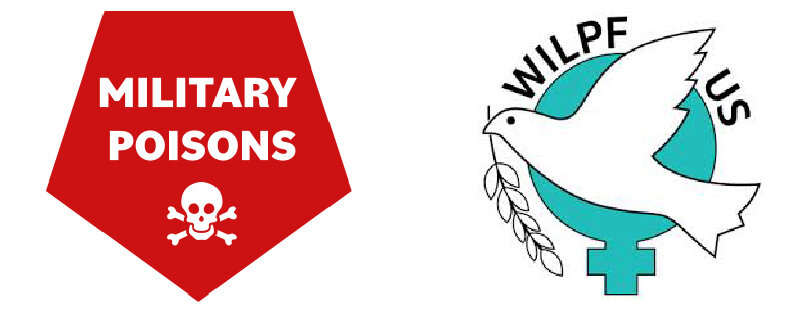Dear Charlotte, Your groundwater, river water, and fish are poisoned with PFAS while your drinking water is OK.
By Pat Elder
December 23, 2023
WCNC NBC TV in Charlotte, North Carolina aired a segment on December 21, 2023 that addressed PFAS in the environment.
The segment, EPA tackling PFAS contamination in drinking water, was entirely focused on drinking water when this source of contamination is tiny compared to the PFAS we consume in the food we eat, especially fish from contaminated waters.
The article repeats ideas that commonly appear in these kinds of reports. For instance, a local expert was quoted as saying, “Forever chemicals are found almost everywhere in very, very low concentrations.”
Hey, no big deal.
The official said nearby residents shouldn’t necessarily be worried. "Where they have found it at the airport is in groundwater. The people that live near the airport are almost predominantly on Charlotte Water.” In other words, the contaminated groundwater can't reach people's drinking water.
Not a problem.
After all, Charlotte Water monitors for more than 70 PFAS chemicals and they say results show low or undetectable amounts, all below the proposed EPA maximum contaminant level (MCL). The proposed level is 4 parts per trillion for PFOS and PFOA. The EPA also has an interim health advisory for PFOS at .02 ppt and for PFOA at .004 ppt.
The segment interviewed the Catawba Riverkeeper who said Charlotte’s drinking water fairs well compared to other communities. "The concentrations that we've seen in the Catawba (River) are much lower than most of the current human health risk assessments," he said. "So, unlike in the Wilmington area or in the Pittsburgh area, we're not seeing those really high levels of concentrations."
The program is addressing levels
of PFAS contamination in a river
while the reporter and the riverkeeper
fail to address the impact on fish.
The program is addressing levels of PFAS contamination in a river while the reporter and the riverkeeper fail to address the impact on fish.
The waterkeeper said researchers don’t know much about PFAS. “While forever chemicals can be hazardous, it's unclear what levels should be acceptable in waterways. "The fact is that we really don't know the risk," said the waterkeeper.
It’s not true. We do know the risk.
The groundwater, river water, and the fish are all poisoned while the drinking water is OK. Why is this so tough for communities around the world to grasp?
Let’s look at the 2018-2019 National Rivers and Streams Assessment Fish Tissue Study by the EPA
Largemouth Bass Catawba River
EPA #116833 35.82241, -81.18404
Riverbend Park, Catawba, County
PFAS parts per trillion (ng/l)
PFDA 836
PFUnA 2,550
PFDoA 2,420
PFTrDA 4,040
PFTeDA 1,170
PFOS 5,830
PFDS 353
Total 17,199
The PFOS in the Largemouth Bass has 291,500 times more PFOS than the EPA’s drinking water advisory. The routes of ingestion are comparable, according to the nation’s leading scientists. PFOS has been thoroughly studied. California classifies it as a carcinogen.
Few in North Carolina are concerned about these other commonly found PFAS chemicals in the fish, but PFTrDA is linked to human fetal growth retardation, PFUnA causes decreased antibody response to vaccines and affects liver function. PFUnA also has developmental effects on the unborn.
Women who are pregnant or may become pregnant should not eat the fish from the Catawba River. They can drink the tap water.
The Downs Law Group helps us pay the bills. Their support allows us to research and write about PFAS contamination in North Carolina and around the world.
The firm is working to provide legal representation to individuals in the U.S. and abroad with a high likelihood of exposure to trichloroethylene, PFAS, and other contaminants.
The Downs Law Group employs attorneys accredited by the Department of Veterans Affairs to assist those who have served in obtaining VA Compensation and Pension Benefits they are rightly owed.
If you spent time in the military and you think you or your dependents may be sick as a result of your service, think about joining this group to learn from others with similar issues. Are you interested in joining a multi-base class action lawsuit pertaining to illnesses stemming from various kinds of environmental contamination?
Join the Veterans & Civilians Clean Water Alliance Facebook group. (2.5 K members and growing rapidly.)



